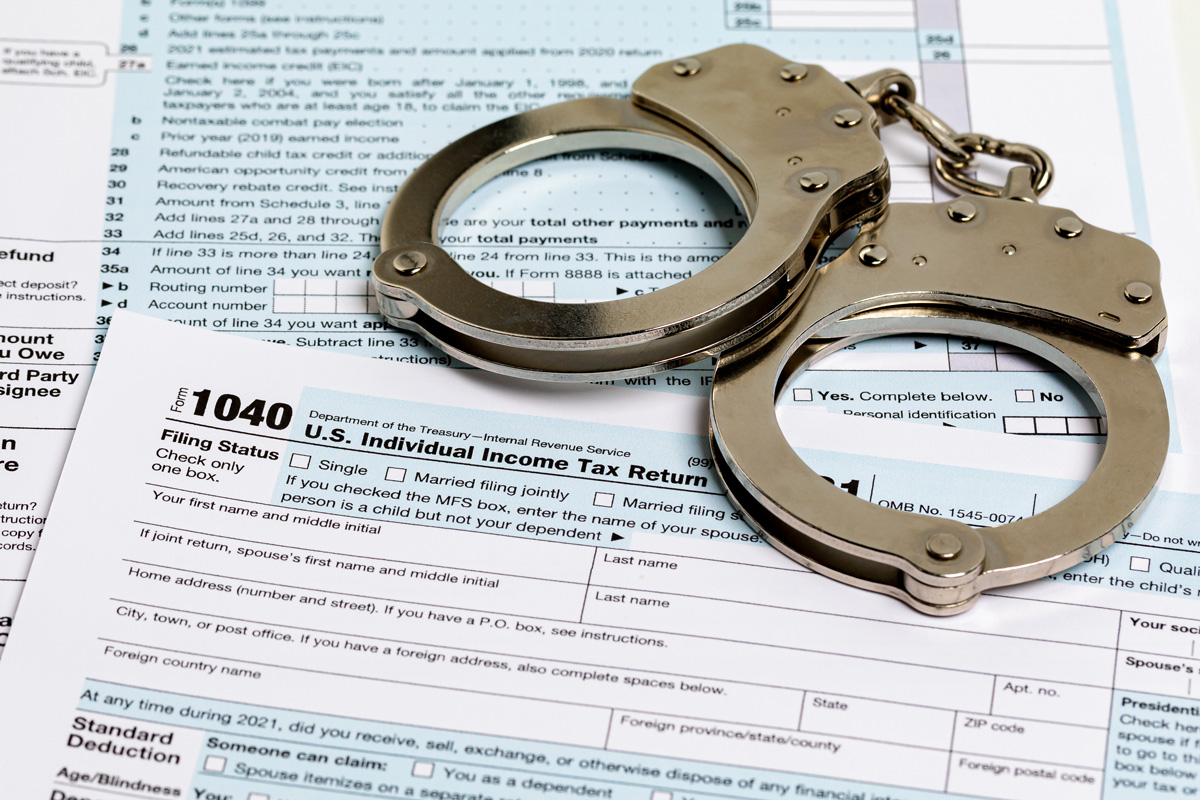The IRS has recently issued warnings to thousands of taxpayers, indicating they could face jail time for filing false tax returns. This crackdown is a response to widespread fraudulent claims related to specific tax credits, such as the Fuel Tax Credit, the Sick and Family Leave Credit, and household employment taxes.
If you’re concerned about how this may affect you, turn to CPAs at Marcus, Fairall, Bristol + Co., PLLC for assistance. Contact our El Paso accounting firm by calling (915) 775-1040 to request a consultation.
Common Tax Scams and Penalties
The IRS has identified three primary areas where taxpayers have been making improper claims:
- Fuel Tax Credit: This credit is intended for businesses that use fuel for off-highway purposes, like farming or aviation. Many taxpayers falsely claimed this credit for personal vehicle use, which is ineligible.
- Sick and Family Leave Credit: This credit was available for self-employed individuals affected by the pandemic in 2020 and 2021. However, some taxpayers incorrectly used it for income earned as employees in 2023, which is not permitted.
- Household Employment Taxes: Some taxpayers have fabricated household employees to claim refunds based on fictitious wages paid for sick and family leave. This type of fraud has been fueled by misleading advice, often found on social media.
Taxpayers who file false claims can face severe consequences, including:
- Financial Penalties: Up to $5,000 per false return, repayment of improper refunds, and interest.
- Credit Damage: Fraudulent claims can negatively impact a taxpayer’s credit score.
- Criminal Prosecution: Intentional fraud can result in up to three years of jail time.
IRS Enforcement Actions
The IRS has been freezing refunds for returns suspected of including fraudulent claims. Taxpayers under scrutiny must verify their identity and provide additional documentation to prove their eligibility for the claimed credits. If the verification does not substantiate the claim, the taxpayer may need to amend their return and remove the incorrect credits.
How to Avoid Tax Scams
- Check Official Sources: Cross-check any tax-related advice or information with the official IRS website. The IRS provides detailed information on all credits and deductions, including eligibility criteria and application processes.
- Be Skeptical of Social Media Advice: Many tax scams originate from misleading information on social media platforms. Always verify any claims you read online with credible, official resources before taking action.
- Know the Rules: Familiarize yourself with the eligibility requirements for any tax credits or deductions you plan to claim. Misunderstanding these rules can lead to unintentional errors or exposure to scams.
- Consult the IRS: Use IRS resources such as publications and FAQs to clarify any doubts. The IRS also offers help through their customer service for more specific queries.
- Use Certified Tax Preparers: When seeking help with your taxes, use a certified and reputable tax preparer. Ensure they have a Preparer Tax Identification Number (PTIN) and check their credentials and reviews.
- Avoid Unsigned Returns: Ensure your tax preparer signs your return and provides their PTIN. Unsigned returns can be a red flag for fraudulent activity.
- Consult with a trusted El Paso accounting firm: The most important way you can avoid tax scams is by working with an accounting firm in El Paso.
El Paso’s Top Accounting Firm
If you need assistance to determine how you may be affected by your latest tax return, look no further than Marcus, Fairall, Bristol + Co., PLLC. Contact us online or call (915) 775-1040 for more information.
